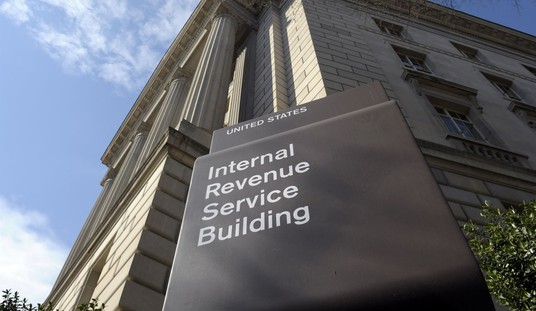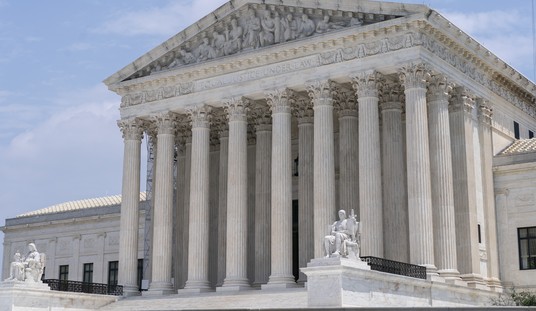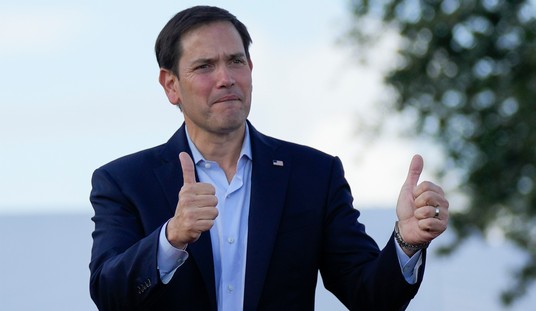I think it is painfully obvious to everyone who is paying attention to anything that is happening in America that the economy will be the deciding factor in the 2012 elections, absent a major terrorist attack or other unforeseeable game-changing event. I don’t know of anyone who thinks at this stage of the game that 2012 ought to be primarily a referendum on abortion. That having been said, the claim has been made by some who purport to represent the TEA Party movement that social issues are divisive and should be avoided completely in favor of massive slashing of government spending. These individuals typically push the argument that if the GOP would just adopt wholesale Randianism, the GOP would be primed for electoral success. CNN just released a new poll (.pdf warning) which shows that these beliefs are not only untrue with respect to the American population at large, but also untrue of the TEA Party rank and file.
In the first place, CNN asked of all adults whether they favored eliminating the Department of Education, a stump speech staple of so-called TEA Party candidates and leaders. The American public overwhelmingly rejects this idea by a whopping 24-74 margin. That is not to say that eliminating the Department of Education wouldn’t be a good idea; the point is that it’s a surefire electoral loser in all 50 states. If we are going to talk about an issue that should be backbenched for the sake of electoral expediency, the “eliminate the Department of Education” rhetoric would be a good place to start.
By way of contrast, CNN’s poll reveals that the American public is broadly supportive of vastly more restrictions on abortion than are currently in place today. Only 37% of respondents indicated that abortion should be either “legal in all circumstances” or “legal in most circumstances.” 62% of respondents indicated that abortion should be either “legal in a few circumstances” or “illegal in all circumstances.” Given that abortion is effectively “legal in all circumstances” in America today (a position supported by only 25% of respondents), the idea that imposing additional restrictions on abortion would doom the GOP is completely unsupported by anything other than the fatuous projections of people who want to appear smart and enlightened before the media.
The most interesting part of the poll was the examination of self-identified TEA Party supporters vs. “all other Republicans.”
TEA Party supporters (35%) were far more likely than other Republicans (16%) or the public at large (21%) to think that abortion should be “illegal in all circumstances.” TEA Party supporters (73%) were also more likely than other Republicans (55%) or the public at large (46%) to state unequivocally that gay marriages should not be recognized. TEA Party supporters (34%) were also less likely than other Republicans (42%) and the public at large (47%) to say that religion should have “no influence” on government policy. The idea that TEA Partiers are rabid libertarians (or at least rabidly opposed or indifferent to socially conservative causes) as compared to other Republicans is clearly false.
The most important area where I think the TEA Party rank and file go astray from the American public, at least with respect to the next election, is overemphasizing the importance of the deficit at the expense of the overall economic health of the country. By a 50-41 margin, TEA Party supporters think reducing the deficit is more important than job creation, which if I had to guess is exactly backwards. Non-TEA Party Republicans believe that jobs are more important by a 55-37 margin, a question that was sadly not asked of the public at large. Ultimately I guess time will tell who has the better half of this argument, but my guess is that while unemployment hovers around 10% and underemployment significantly higher, swing voters in this country are not going to be as concerned with massive cuts to government spending (or, if the question on the Department of Education is any indicator, actively opposed to it) as they are with the fact that millions of people are out of work. While an argument can certainly be made that the deficit in the long term has an effect on the economy, that is a harder sell in the context of an economic problem that exists in spades right now.













Join the conversation as a VIP Member